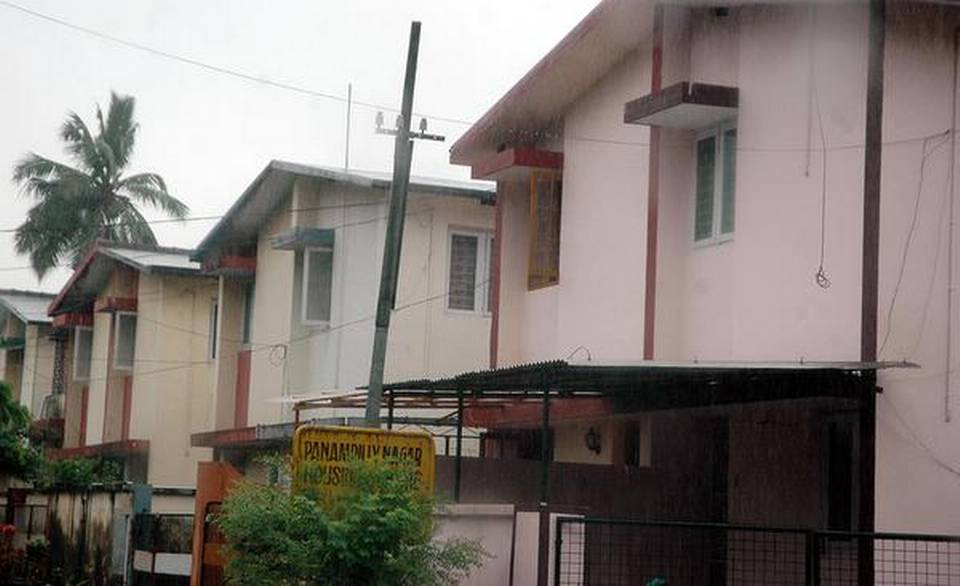Your property-related legal queries answered by S.C. RAGHURAM, Partner, RANK Associates, a Chennai-based law firm
An aged woman who has two properties — one jointly held with one daughter, and the other only in her name — wishes to divide the properties equally among her two daughters.
My queries are:
1) As one property is jointly held with one daughter, does she need to write a Will to ensure her share goes to the other daughter?
2) Is there a need to write a Will for the second property as the two daughters rank as the legal heir by default?
3) If yes, does the Will need to be registered?
4) To ensure both daughters get an equal share, do you recommend a settlement deed or
a Will?
Chandrasekaran. K. R.
Chennai
It is taken that the two daughters are the only children of the mother.
Let us first deal with the property held by the mother jointly with one of her daughters.
If a property is jointly held in two names, in the absence of any recital in the document to the contrary, it has to be taken that both the owners hold the property in equal shares i.e., 50% each. If one of the owners dies intestate (i.e., without leaving a Will), the property will devolve equally on the heirs. In this case, if the mother dies intestate, the 50% share of one daughter will remain intact and the mother’s 50% will devolve on both the daughters after her lifetime i.e., 25% each.
Both the daughters will then hold the property in the ratio of 75% : 25%.
If the intention is for both the daughters to hold the property in equal ratio after the lifetime of the mother, the mother may, either by way of a Settlement Deed or a Will, settle or bequeath, her 50% share in the property in favour of the other daughter.
As regards the property that is held entirely by the mother, the property will anyway go to the daughters in equal shares after the lifetime of the mother, even without a Will bequeathing it to them.
The property can be transferred either by way of a settlement deed or bequeathed under a Will.
The stamp duty implications, costs of probate and other costs can be ascertained from your lawyer.

